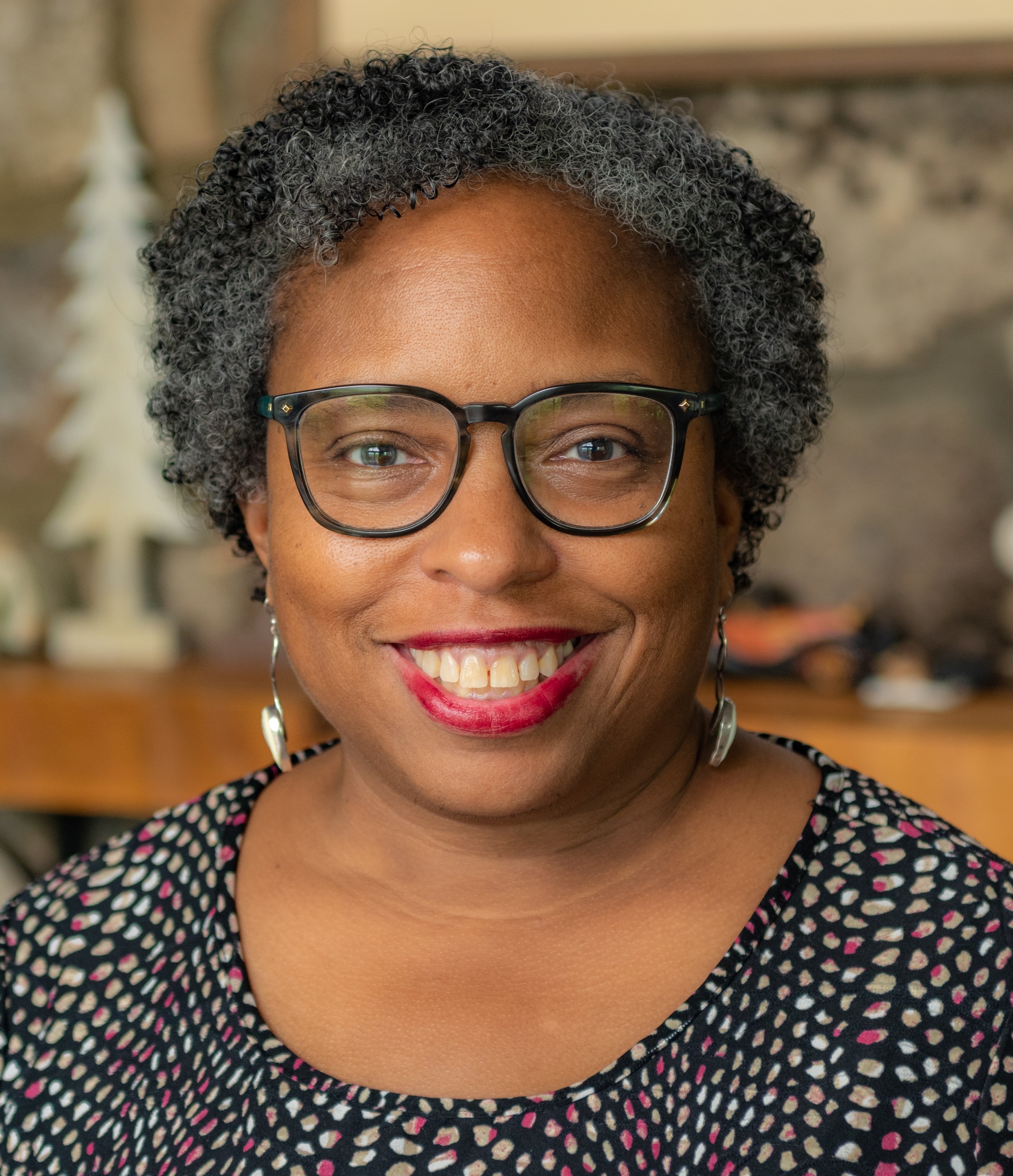Belinda Danielson, Access Supervisor with the State of Hawaii Department of Health, discusses the launch of the new national 9-8-8 hotline for mental health services; Dr. Kimberlee Wyche-Etheridge, ASTHO’s Senior Vice President for Health Equity and...
Belinda Danielson, Access Supervisor with the State of Hawaii Department of Health, discusses the launch of the new national 9-8-8 hotline for mental health services; Dr. Kimberlee Wyche-Etheridge, ASTHO’s Senior Vice President for Health Equity and Diversity Initiatives, tells us about the COVID-19 vaccine approval for young children and why uptake remains extremely low; and ASTHO’s Health Equity Summit 2022 is today.
CDC Webpage: Strengthening U.S. Public Health Infrastructure, Workforce, and Data Systems
ASTHO Health Equity Summit Registration
ROBERT JOHNSON:
This is Public Health Review Morning Edition for Wednesday, July 27, 2022. I'm Robert Johnson.
Now, the latest news from the Association of State and Territorial Health Officials.
BELINDA DANIELSON:
We probably looked at like a 60% increase in call volume. But I think like most centers across the nation, we prepared for that.
JOHNSON:
Belinda Danielson is with the Hawaii Department of Health, talking about the increase in call volume following the launch of the new national 988 hotline for mental health services
DANIELSON:
So far, so good for Hawaii. We already have the 988 call center, we already have crisis mobile outreach, we already have stabilization. The last piece that we're looking at adding is our text and chat for local. The national line is still providing that support for us, but we're looking forward to rolling that out within our call center.
JOHNSON:
Danielson says the new number offers people a standard level of care, no matter where they are when they call for help.
DANIELSON:
So, even if, you know, our resident from Hawaii moves to, you know, New York or to Texas, they'll pretty much get the same support because of the knowledge base that we all share, this common language that we all share, the common understanding that's provided to us through training, through support, through technology. So, that's just incredible. And that's what's happened with the elevation of 988 across our nation.
JOHNSON:
She says the 988 line shows what can be accomplished when agencies cooperate.
DANIELSON:
Besides all of the differences and besides, you know, all the different agencies or providers that have to come together, if everyone just remembers that underlying theme that we're all here to do the same thing and that's to help the most vulnerable during the most vulnerable times in their lives, I think everything else will become secondary
JOHNSON:
Read Hawaii's news release about the 988 hotline using the link in the show notes.
It's been about six weeks since the COVID-19 vaccine was approved for young children, but ASTHO's Dr. Kimberlee Wyche Etheridge says uptake remains extremely low.
KIMBERLEE WYCHE-ETHERIDGE:
So many families have been waiting, waiting, waiting for their children, their youngest children, our most vulnerable children to be protected. And now that it's available, we're not seeing the uptake that we would like to to make sure that our kids are protected.
JOHNSON:
Wyche-Etheridge is ASTHO's senior vice president for health equity and diversity initiatives, but she's also a practicing pediatrician. She says there are many reasons why parents might be avoiding the vaccine.
WYCHE-ETHERIDGE:
Well, one, a lot of people are in a space of being over COVID. They've gone back to the life as normal. A lot of people have taken their masks off, have gone back to business as usual. Now, when you add that with increase in, unfortunately, distrust in government and public health and attacks on science, then it puts parents in a position of really starting to wonder or doubt what in the past has been a public health assumption, is that when there is the opportunity of to protect your child or yourselves, then it would be a pretty obvious next step.
JOHNSON:
Her hope is uptake will improve as parents continue to engage their providers on other healthcare questions in the weeks and months ahead.
WYCHE-ETHERIDGE:
So, the hope is that as my fellow providers, pediatricians have the opportunity to talk one-on-one with families and discuss the benefits of the vaccine and the dangers even for kids who tend to do well, but not everybody, for COVID, that we'll be able to increase some of those numbers and hopefully have a safer fall than is being expected right now.
JOHNSON:
Finally today, ASTHO's Health Equity Summit 2022 is this afternoon. The event is online. It begins at 11:00 a.m. Eastern time. Hundreds already have signed up, but you can still save your seat if you want to attend the event. Look for the link in the show notes.
That'll do it for today's newscast. We're back tomorrow morning with more ASTHO news and information.
I'm Robert Johnson. You're listening to Public Health Review Morning Edition, have a great day.





